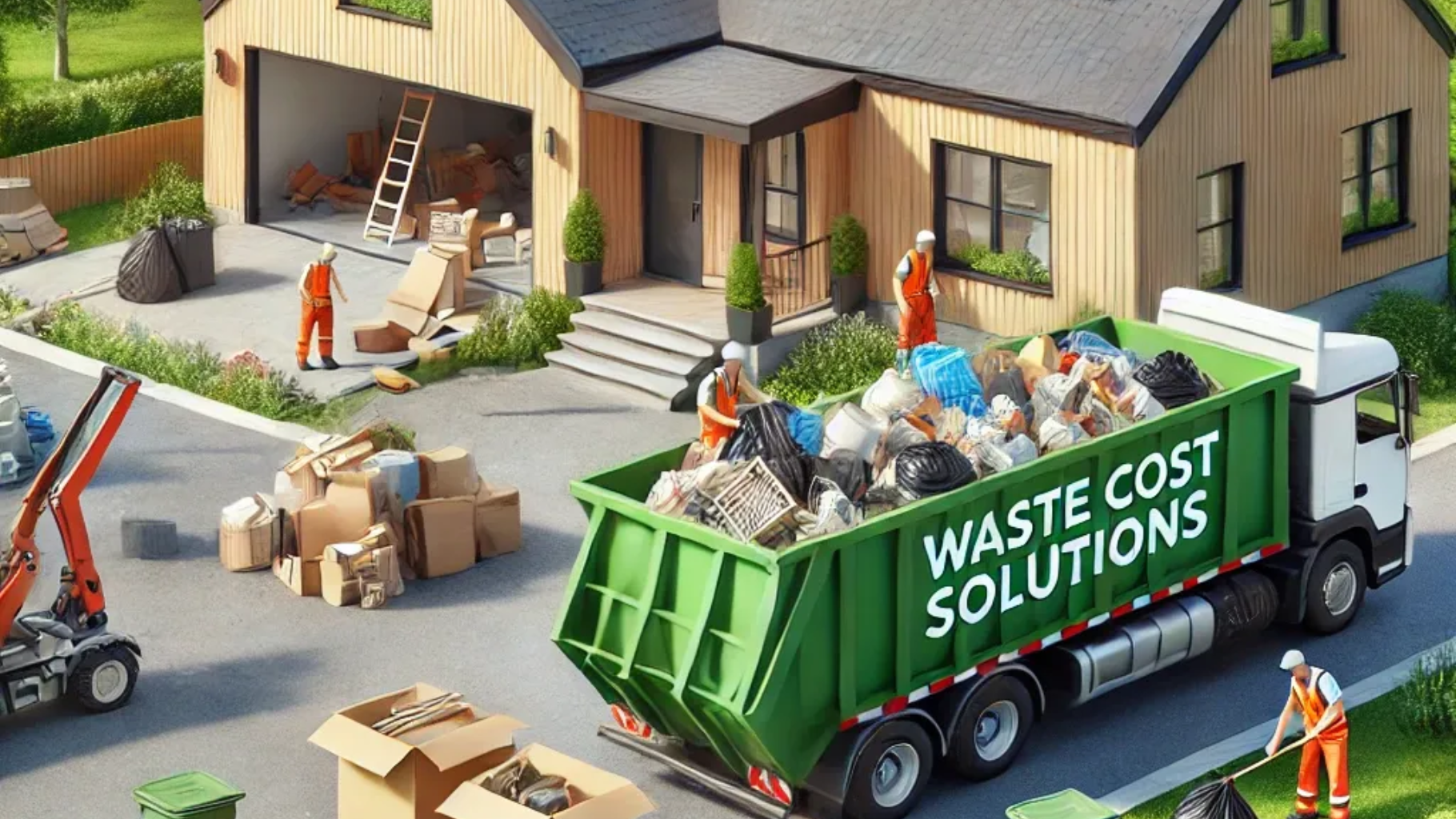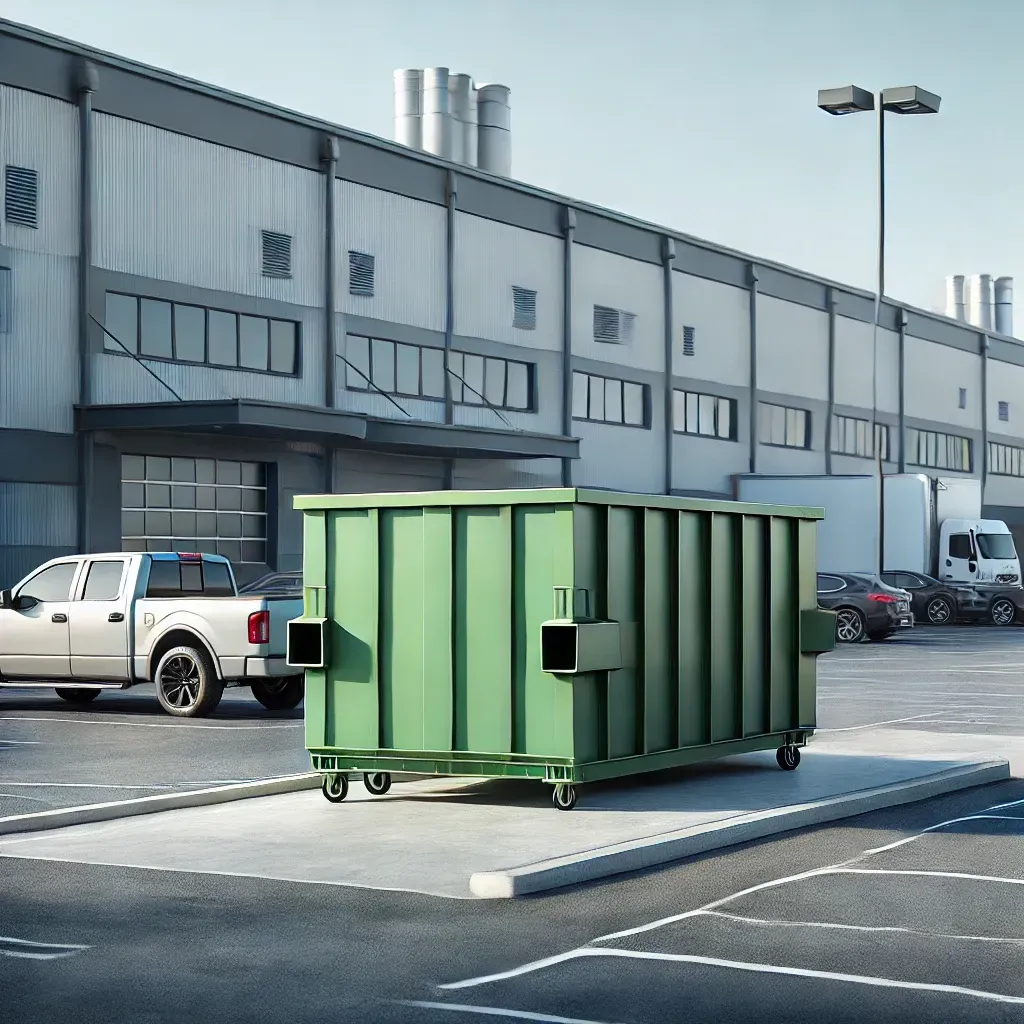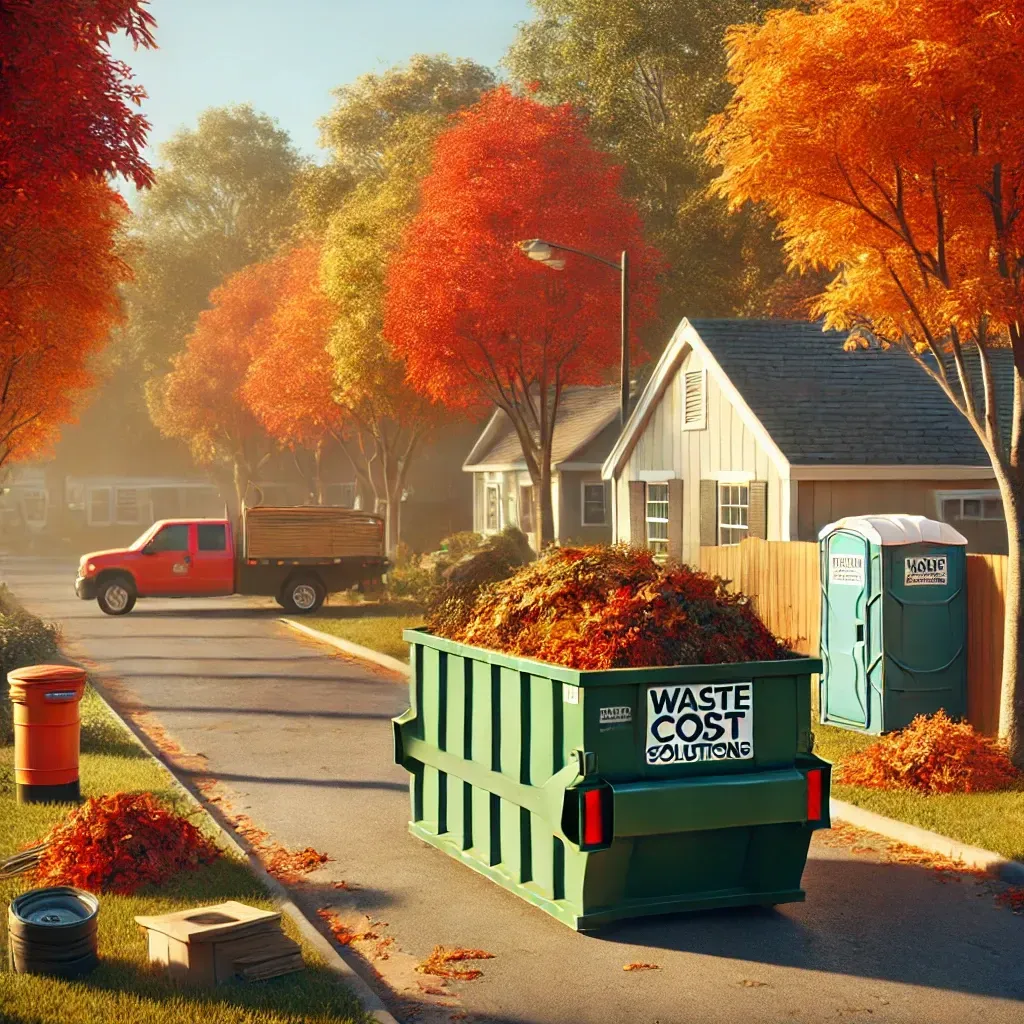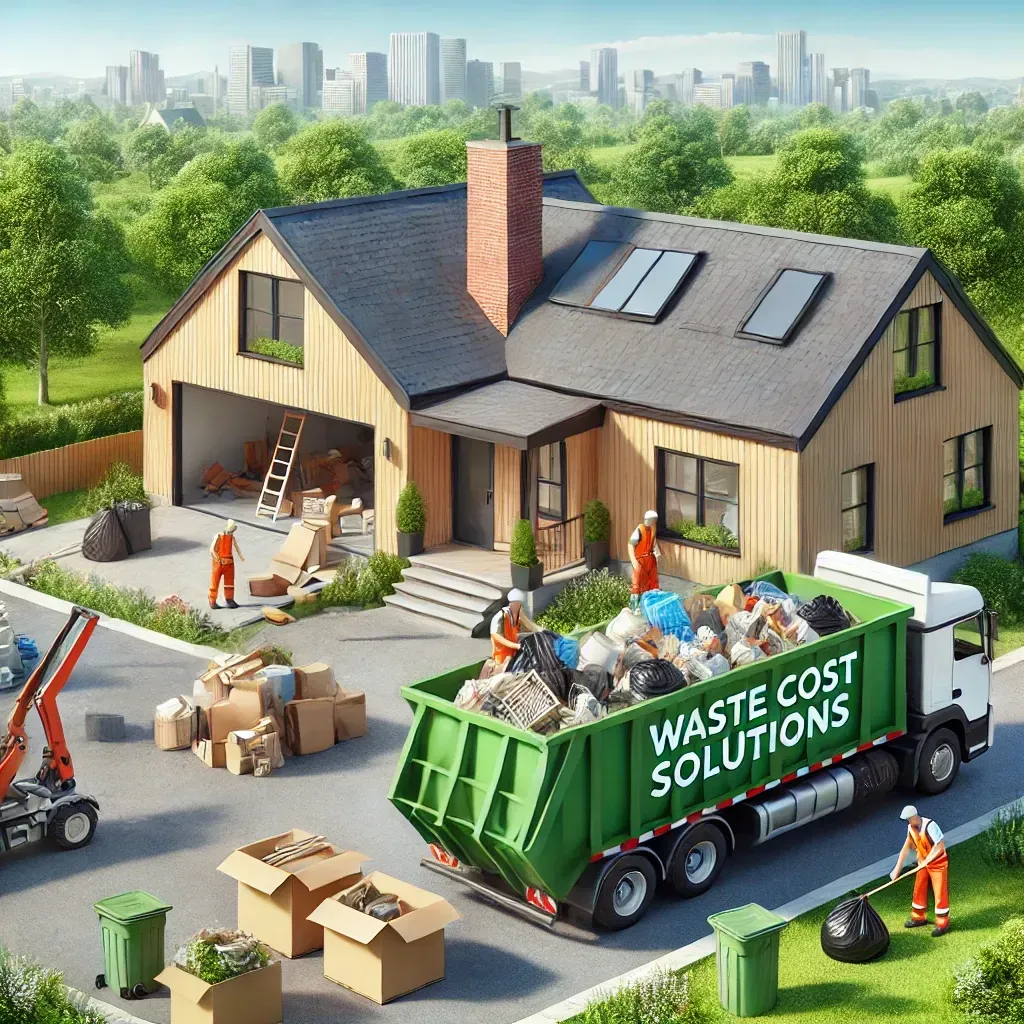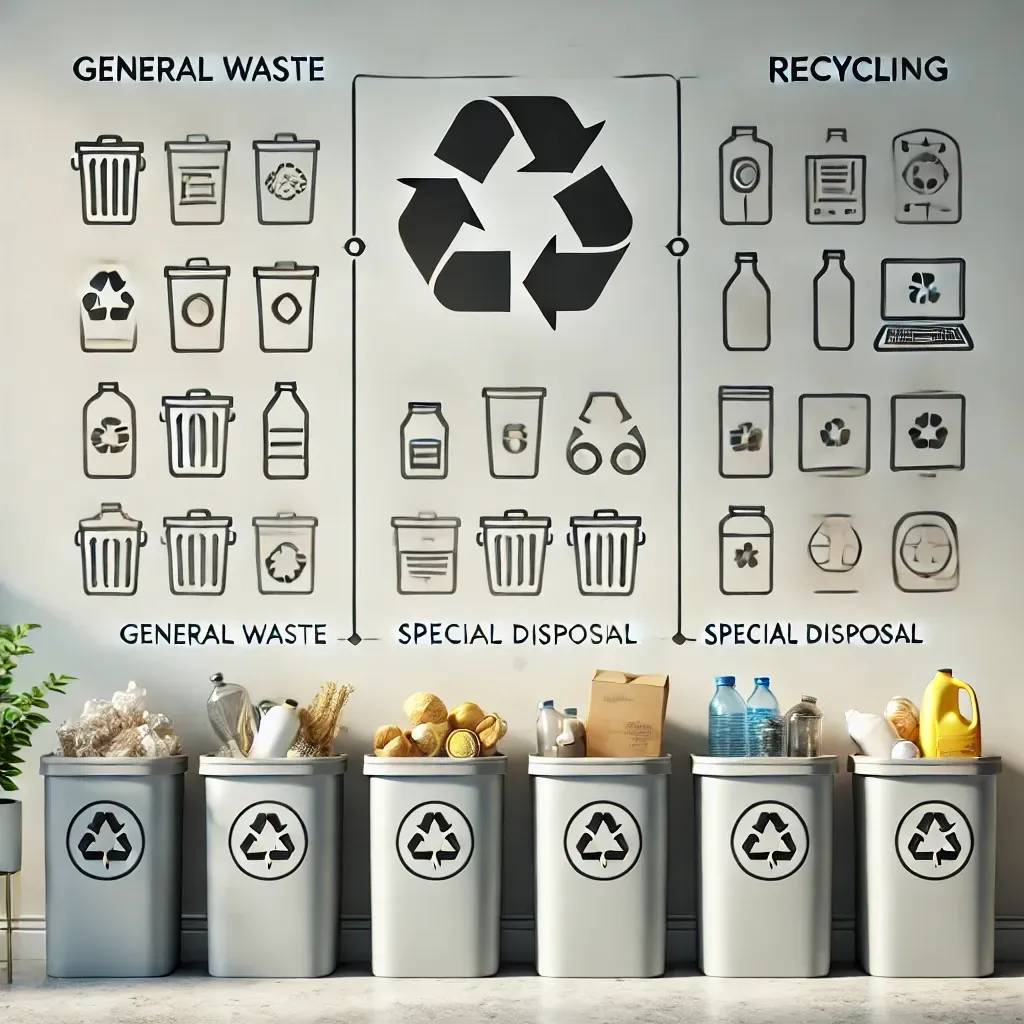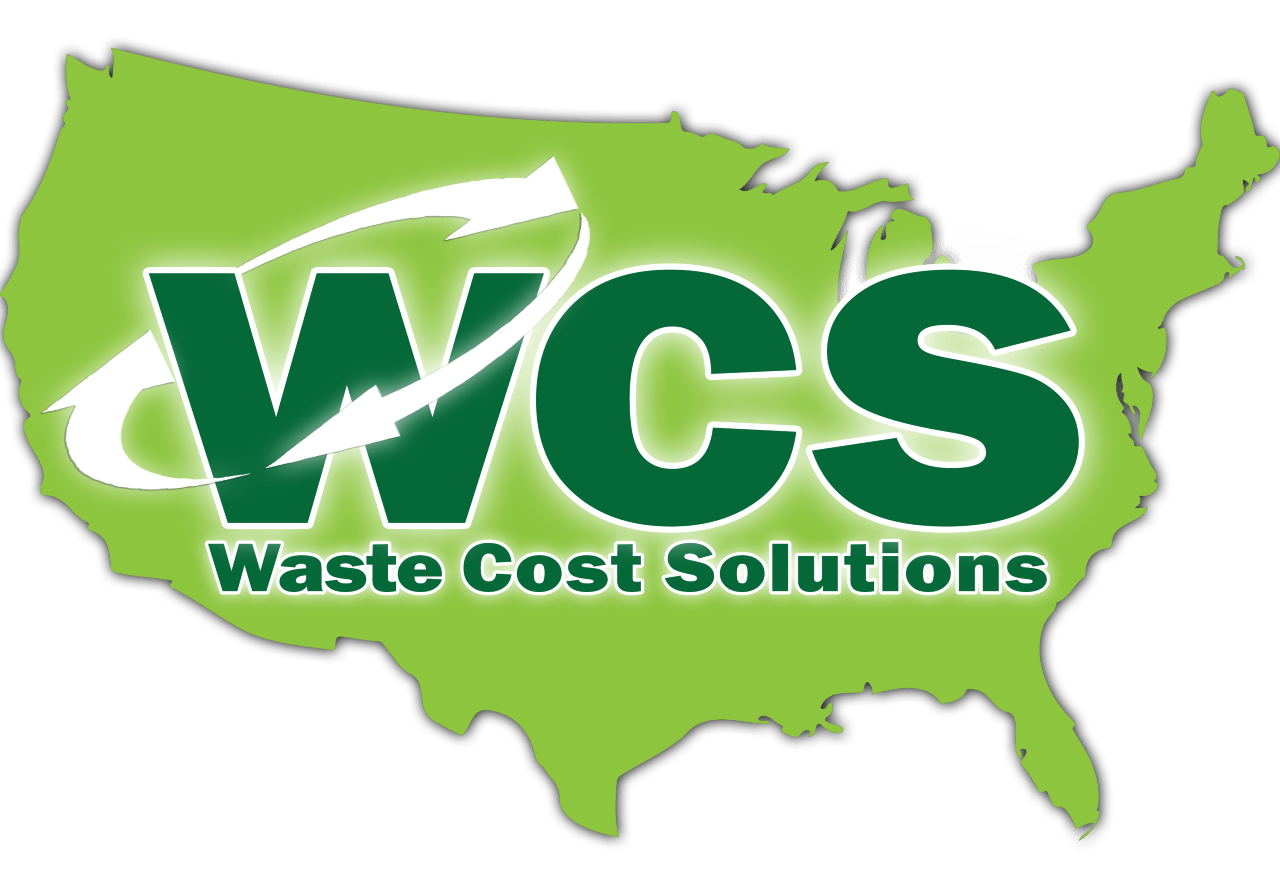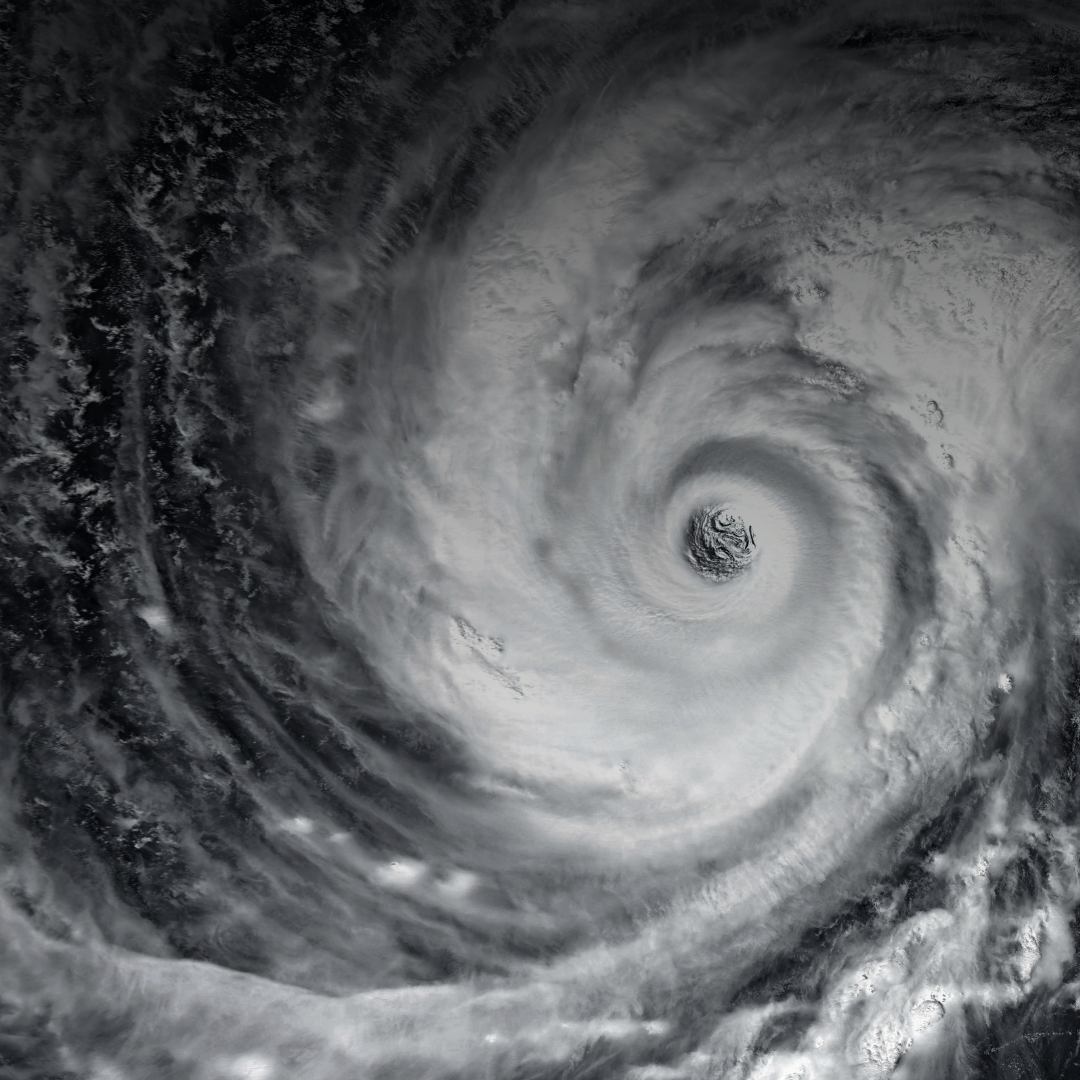What Are Some Examples of Waste Management?
What is a Waste Management System?
It's a sad but true fact that we all produce waste during our daily lives. Whether it be through recycling, composting or incineration of garbage - there are many ways to deal with this pesky problem! But what if I told you about one more way? The latest technology in green living: Waste management systems allow us not just for reducing the amount of trash being generated at home (and hence saving money), but also helps keep landfills clear by converting these otherwise disposable items into something useful again-like food scraps used as animal feed.
Waste Disposal Methods
Recycling
Recycling is the process of turning waste materials into new products. It helps to conserve resources, reduce pollution, and save energy. recycling is often divided into three categories: primary, secondary, and tertiary. Primary recycling involves reprocessing waste materials back into their original form. For example, recycled glass can be used to make new glass bottles. Secondary recycling involves using waste materials to create new products that are different from their original form. For example, recycled paper can be used to make construction insulation. Tertiary recycling involves using waste materials as a source of energy. For example, municipal solid waste can be burned to generate electricity. Recycling helps to reduce the amount of waste that is sent to landfills and incinerators, and it also helps to conserve natural resources.
Composting
Composting is the process of decomposing organic material into a rich, crumbly soil amendment known as compost. Composting is a great way to reduce your waste, while also creating a valuable resource for your garden. When organic material breaks down, it releases nutrients that are essential for plant growth. Compost can be made from a variety of materials, including kitchen scraps, lawn clippings, and leaves. The key to successfully composting is to create the right conditions for decomposition to occur. Compost should be moist, but not wet, and it should be turned regularly to aerate the material and encourage decomposition. With a little care and patience, you can easily turn your waste into black gold for your garden.
Incineration
Incineration is a process of waste management that involves the burning of waste material to generate energy. This process can be used to dispose of both solid and liquid waste, and it is often used in industrial and commercial settings. Incineration is an effective way to reduce the volume of waste, and it can also generate electricity or heat. In some cases, the ash produced by incineration can also be used as a construction material. However, incineration can produce harmful emissions, and it is not always the most environmentally friendly option. When deciding whether or not to use incineration, it is important to consider the type of waste being disposed of and the available alternatives.
Landfills
A landfill is a purpose-built site for the disposal of waste. It is designed to contain and isolate waste from the surrounding environment, preventing pollution and protecting public health. Landfills are an essential part of waste management, providing a safe and reliable way to dispose of non-recyclable waste. In addition to isolating waste, landfills also help to prevent the spread of disease by providing a controlled environment for the disposal of medical waste. Furthermore, landfills can be used to generate energy through the process of landfill gas recovery. This process involves capturing the methane gas produced by decomposing waste and using it to power generators. As such, landfills play a vital role in both protecting the environment and generating renewable energy.
Bioremediation
Bioremediation is the use of living organisms to clean up contaminated areas. This process can be used to remove pollutants from the air, water, or soil. Common examples of bioremediation include planting trees to improve air quality, using bacteria to break down oil spills, and using fungi to clean up oil spills. Bioremediation is often used in combination with other cleanup methods, such as physical removal or chemical treatment. When used alone, bioremediation can be a slow process, but it is often more effective and less expensive than other methods. Additionally, bioremediation can provide habitat for wildlife and reduce the need for landfills.
Waste to Energy
Waste to energy (WTE) is a process where waste is converted into electricity or other forms of energy. WTE plants incinerate waste to produce steam, which powers a turbine to generate electricity. There are two types of WTE plants: mass-burn and refuse-derived fuel. Mass-burn plants burn waste in a furnace with no sorting or separation, while refuse-derived fuel plants first sort the waste and then shred it into small pieces that are easier to burn.
Waste to energy has a number of benefits. It reduces the volume of waste going to landfills, helps to generate renewable energy, and creates jobs in the construction and operation of WTE facilities. In addition, WTE can help to offset greenhouse gas emissions by displacing fossil fuels.
Despite these benefits, there are some challenges associated with waste to energy. First, WTE facilities require a steady supply of waste, which can be difficult to maintain. Second, incineration can release pollutants into the air, including dioxins and furans. Finally, WTE plants are typically more expensive to build and operate than other forms of renewable energy, such as wind or solar power. As a result, Waste to Energy is not always the best choice for waste management.
How to Create a Waste Management Plan
Developing a waste management plan can help to ensure that your business is disposing of waste safely and efficiently. There are a few key steps to creating a effective plan:
- Assess your business's current waste disposal practices. This will give you a baseline to work from and identify areas where improvements can be made.
- Set goals for reducing and diversion. What percentage of waste do you hope to divert from landfill? Are there specific materials you would like to focus on?
- Develop strategies for achieving your goals. This could involve implementing recycling programs, working with vendors to reduce packaging, and/or switching to more sustainable products.
- Create a timeline for implementing your plan. This will help to ensure that changes are made in a timely manner.
- Put someone in charge of overseeing the plan. This person will be responsible for ensuring that changes are implemented and tracking progress towards goals.
- Regularly review the plan. This will allow you to make adjustments as needed and ensure that your business is continuously improving its waste management practices.
When it comes to implementing your waste management plan, Waste Cost Solutions can provide assistance with waste removal and disposal through our dumpster rental options, including
2 yard dumpsters and 4 yard dumpsters, as well as our
junk removal services.
